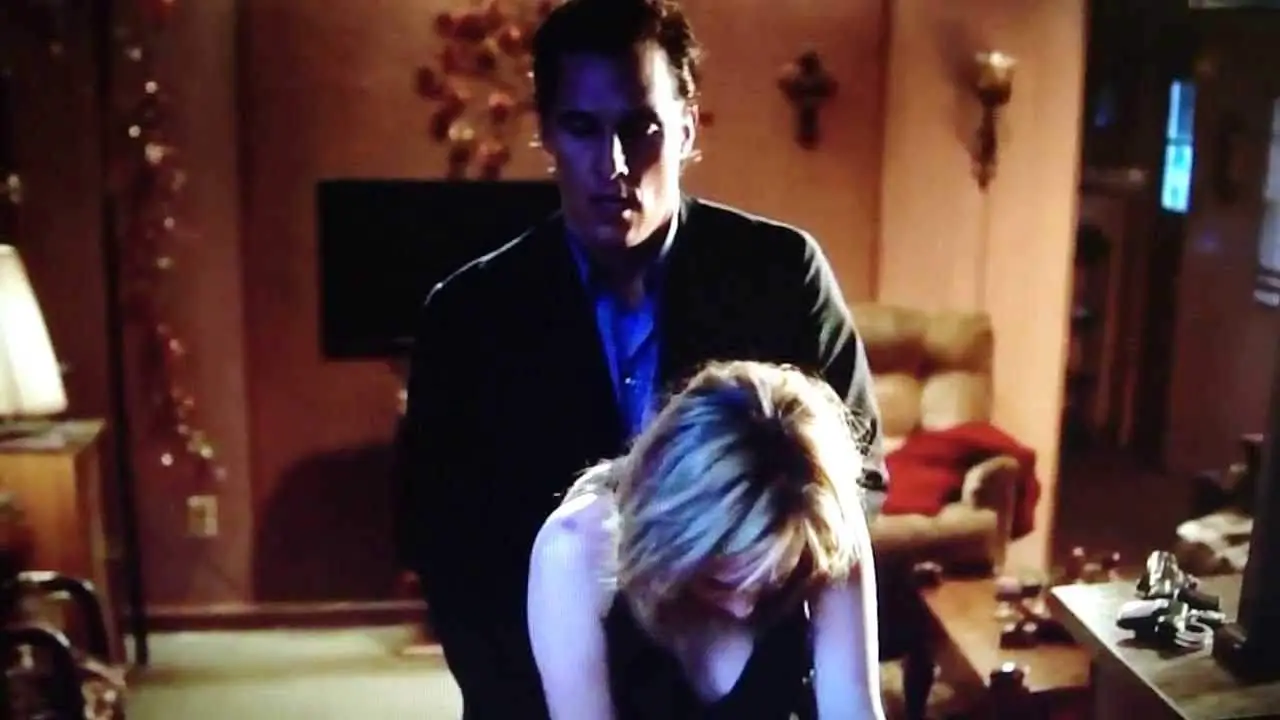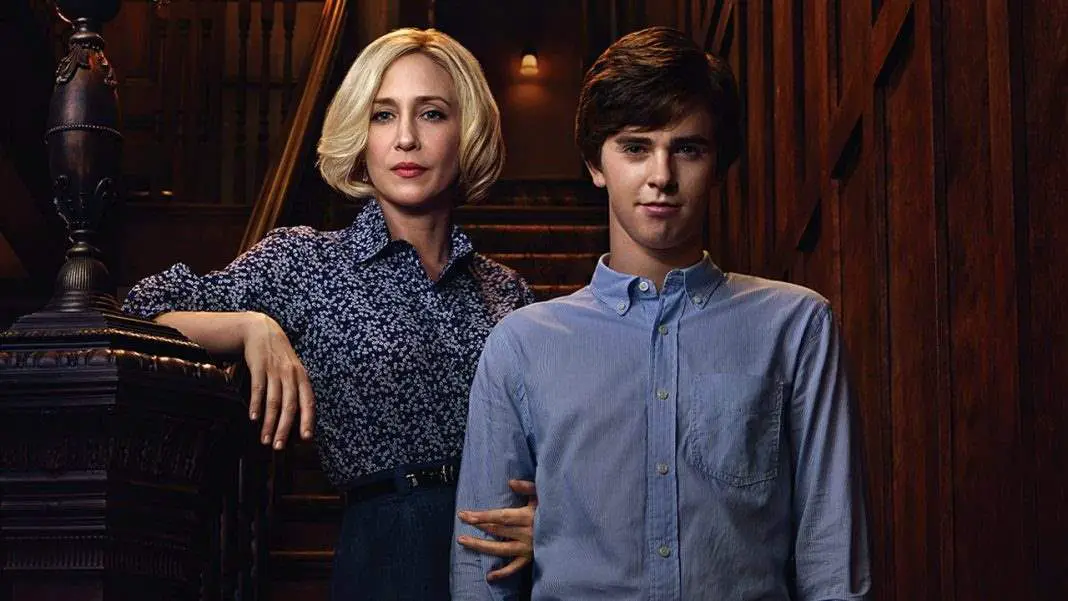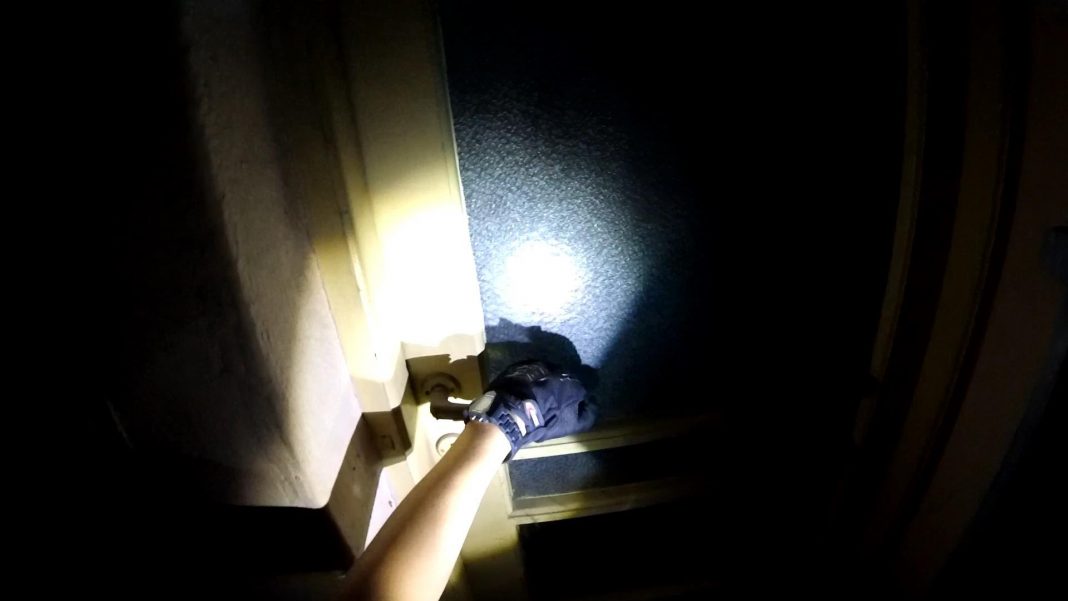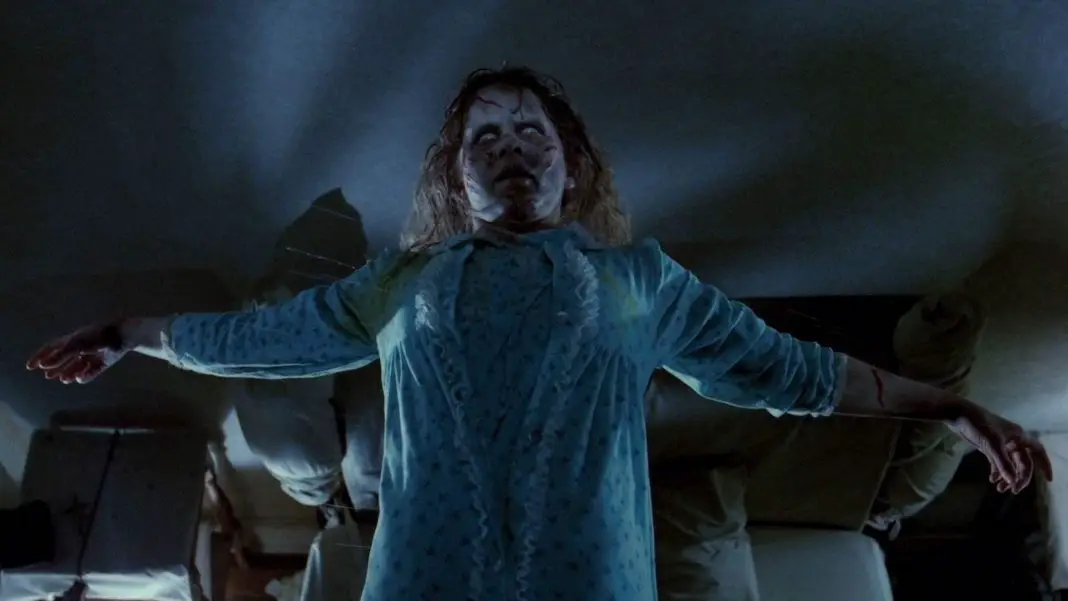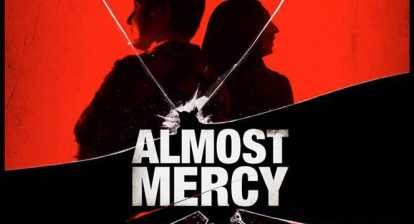Horror is evolving as a genre. Although your local multiplex is still loaded with the usual contenders, look a bit closer and you’ll find the latest drama, thriller, or crime offering is closer to horror than you might expect. In this bi-weekly series, Joey Keogh presents a film not generally classified as horror and argues why it exhibits the qualities of a great flight flick, and therefore deserves the attention of fans as an example of Not Quite Horror. This week, it’s Killer Joe.
The poster for Killer Joe breathlessly describes itself as “a totally twisted deep-fried Texas redneck trailer park murder story”. Taken with it, and the image of a bloody, deep-fried Texas state, and we know we’re in Not Quite Horror territory. Weirdly, William Friedkin’s adaptation of Tracy Letts’ divisive play occupies the same Texas seen in Cold In July, a Texas devoid of hope or light, where crime pays and people suffer even when they haven’t done much of anything to deserve it.
And, where that flick cast baby-faced Wyatt Russell as a hideous lowlife, Killer Joe turns the otherwise dorky Emile Hirsch (hitherto best known for slobbering over Elisha Cuthbert in The Girl Next Door) into a desperate, wannabe criminal, saddled with a drug debt, who uses his sister as collateral in his mother’s murder. That the murderer, and Joe of the title, is an oily Matthew Mc Conaughey right on the cusp of his McConaissance makes the story even more stomach-churningly deviant.

Although his name may give the movie its title, ostensibly, this isn’t really Joe’s story. Hirsch’s Chris is the real antihero of the piece, giving Killer Joe some semblance of humanity even when he makes the dumbest choices imaginable. One could also argue that his sister Dottie (Juno Temple, shining in another thankless, overly-sexualised role) is the real catalyst for events, or that his father (Thomas Haden Church, playing wildly against type) is the only true victim.
He is, after all, the one who suffers the indignity of his wife cheating on him and trying to embezzle him out a sizeable inheritance, his daughter being seduced by a violent hitman and his son being a waste of space who can’t even figure out how to be a drug dealer or a gangster properly–which, considering the world they inhabit, seems to be the only way to make a decent living. However, it’s hard to feel sympathy for him, or any of his hideous family, even in the best of times.
 The most violent, and provocative, sequence in Killer Joe involves that cheating wife (Gina Gershon, impressively unhinged), Joe and a fried chicken leg. It’s a sequence that doesn’t bear describing, one that has to be experienced and felt but that is so emblematic of the inherent scumminess at the heart of this movie. It represents, much like that wild poster, the depths of depravity contained within and is, understandably, its biggest talking point.
The most violent, and provocative, sequence in Killer Joe involves that cheating wife (Gina Gershon, impressively unhinged), Joe and a fried chicken leg. It’s a sequence that doesn’t bear describing, one that has to be experienced and felt but that is so emblematic of the inherent scumminess at the heart of this movie. It represents, much like that wild poster, the depths of depravity contained within and is, understandably, its biggest talking point.
Unlike Cold In July, with which this flick shares similar DNA, there’s no ray of hope in Killer Joe. Its ending may present something of a positive, depending on one’s perspective (I thought it fell kind of flat, robbing the bloody denouement of some of its punchiness), but there’s no denying that things have gone from bad to worse and that the circumstances of this particular family, and their particular shitty trailer park existence, have been irreparably damaged.
But this is what makes the movie a true crime story, one that, in spite of being drenched in near-constant sheaths of rain, features characters who seem to be permanently in need of a wash. You will likely feel the need for a deep cleanse after watching it, too, Letts’ desire to leave her story resolutely dark, complimented by Friedkin’s clear understanding of translating same for the screen, making for a sticky tale that clings to your skin like caked-on blood.
